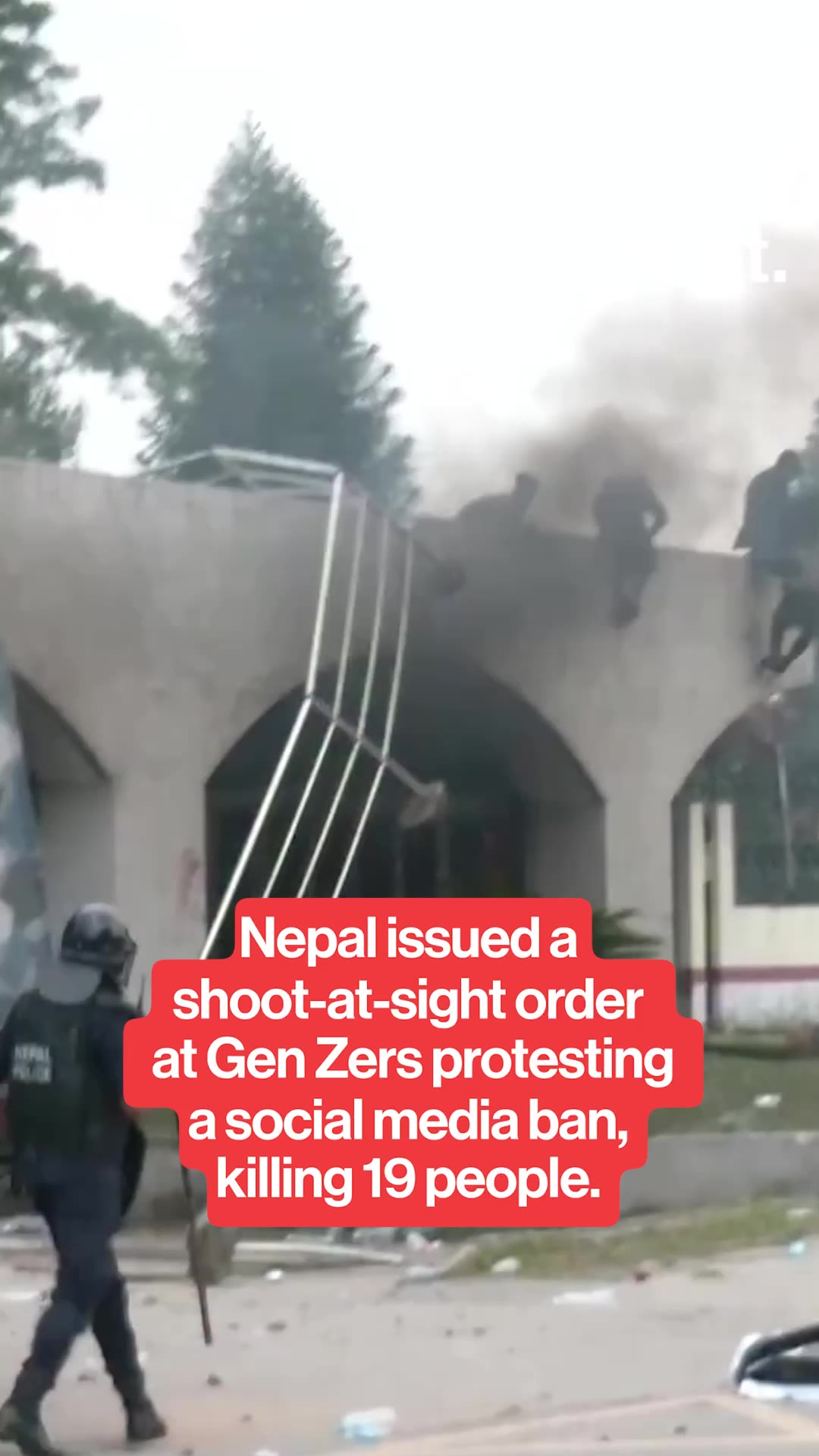Hiroshima survivor speaks up against nuclear weapons
140,000 lives lost
On August 6, 1945, the first atomic bomb was dropped on Hiroshima, Japan by the United States in an effort to get Japanese Supreme Military Leader Hideki Tojo to surrender in World War II. Named “Little Boy,” the atomic bomb destroyed the entire city and wiped out over 40% of the population of 340,000 civilians. Survivor Setsuko Thurlow was only thirteen years old when she had to survive one of the deadliest attacks Japan has ever faced. She was working in the army headquarters with a student program when the bomb hit.
“When I regained consciousness in the total darkness and the silence, I found myself pinned under the rubble. I couldn't move my body. I knew I was facing death. And I started hearing my schoolmates asking for help from their mothers and from God. Then suddenly, somebody from behind shook my left shoulder and said, ‘Don't give up, don't give up. Keep moving. Keep shaking. Keep kicking. I'm trying to free you. You see the sunray coming through that opening? Crawl toward it.’ And that's what I did,” Setsuko Thurlow describes to Brut.
Thurlow’s efforts to prevent atomic warfare
Thurlow lost eight members of her family and considers herself lucky since both she and her parents survived, although her father would die from radiation 9 years after the attack. Shortly after his death, she emigrated to the United States to study sociology at Lynchburg College in Virginia. Today, she is a founding member of the International Campaign to Abolish Nuclear Weapons (ICAN). Created in 2007, this coalition was implemented to back the Treaty on the Prohibition of Nuclear Weapons proposed in the United Nations. In 2017, ICAN was the winner of the Nobel Peace Prize for its involvement with the treaty. With about 14,000 atomic bombs in 9 countries, Thurlow works tirelessly to make sure none of them are ever used again.
Brut.
Hiroshima survivor speaks up against nuclear weapons
140,000 lives lost
On August 6, 1945, the first atomic bomb was dropped on Hiroshima, Japan by the United States in an effort to get Japanese Supreme Military Leader Hideki Tojo to surrender in World War II. Named “Little Boy,” the atomic bomb destroyed the entire city and wiped out over 40% of the population of 340,000 civilians. Survivor Setsuko Thurlow was only thirteen years old when she had to survive one of the deadliest attacks Japan has ever faced. She was working in the army headquarters with a student program when the bomb hit.
“When I regained consciousness in the total darkness and the silence, I found myself pinned under the rubble. I couldn't move my body. I knew I was facing death. And I started hearing my schoolmates asking for help from their mothers and from God. Then suddenly, somebody from behind shook my left shoulder and said, ‘Don't give up, don't give up. Keep moving. Keep shaking. Keep kicking. I'm trying to free you. You see the sunray coming through that opening? Crawl toward it.’ And that's what I did,” Setsuko Thurlow describes to Brut.
Thurlow’s efforts to prevent atomic warfare
Thurlow lost eight members of her family and considers herself lucky since both she and her parents survived, although her father would die from radiation 9 years after the attack. Shortly after his death, she emigrated to the United States to study sociology at Lynchburg College in Virginia. Today, she is a founding member of the International Campaign to Abolish Nuclear Weapons (ICAN). Created in 2007, this coalition was implemented to back the Treaty on the Prohibition of Nuclear Weapons proposed in the United Nations. In 2017, ICAN was the winner of the Nobel Peace Prize for its involvement with the treaty. With about 14,000 atomic bombs in 9 countries, Thurlow works tirelessly to make sure none of them are ever used again.
Brut.













